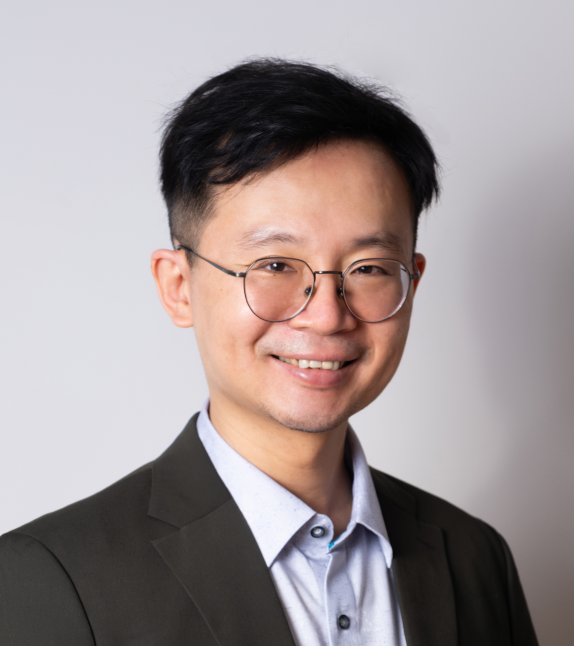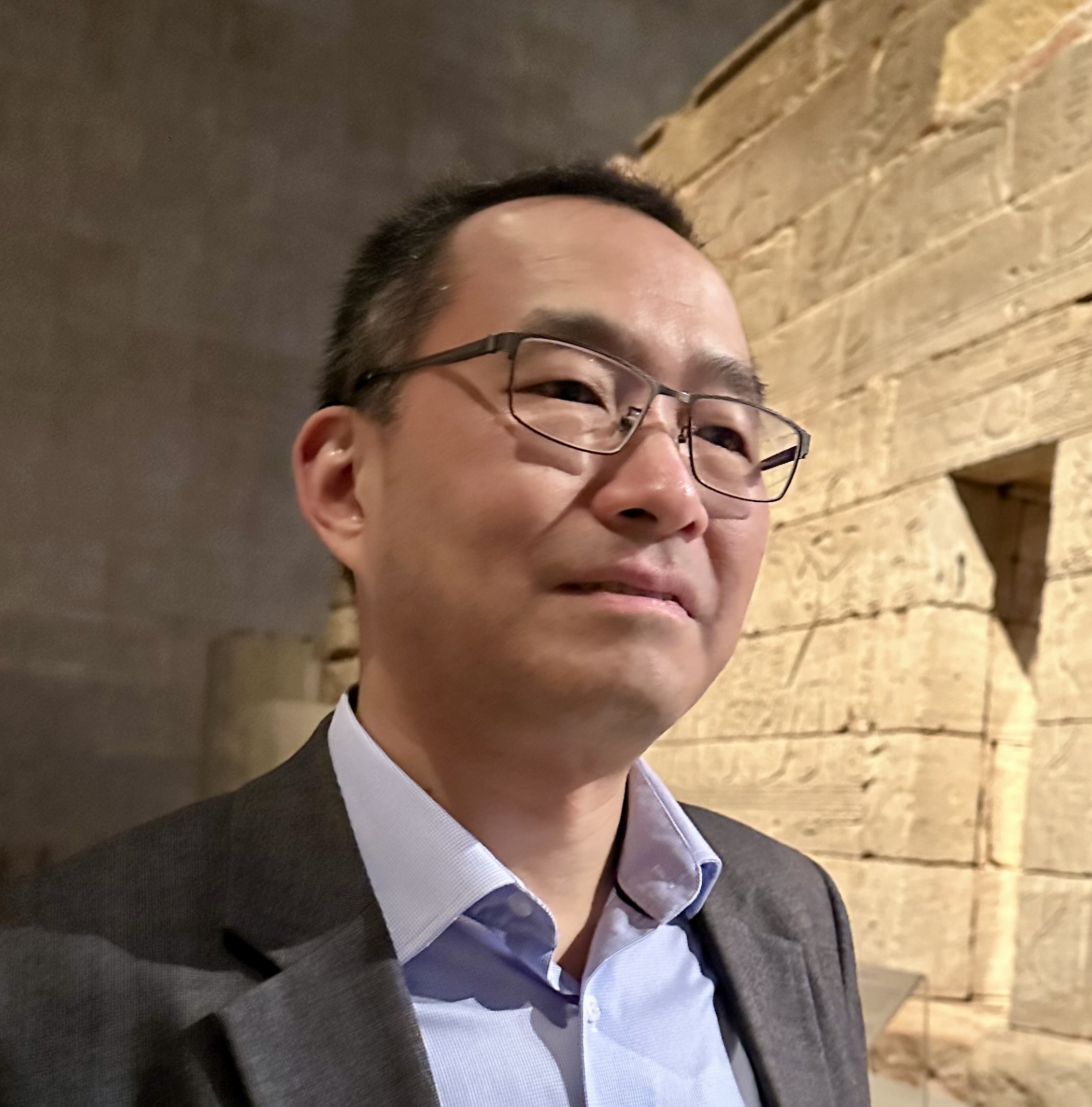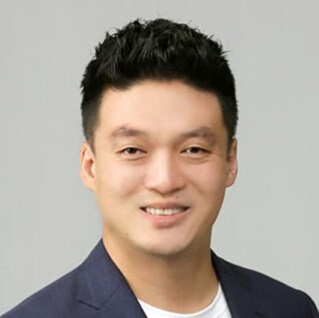UNCW Interdisciplinary Research Seminar Series 2025-2026: Healthcare in the Era of Machine Learning
For the past two decades, public and private organizations have heavily invested in machine learning due to increased availability of large datasets, fueling research and discovery across disciplines, especially healthcare. This trend has been amplified with the public popularity of large language models (LLM) and other generative artificial intelligence (AI) applications. In healthcare, machine learning has the potential to enhance predictive healthcare models, improve preventative care with real time monitoring, transform patient outcomes, facilitate drug discovery, and make healthcare more accessible and cost-effective.
This seminar series will bring a diverse range of scholars and experts, from nationally renowned doctors to applied mathematicians, from policy influencers to business founders, to embark on an enriched research journey with UNCW’s faculty and students.
Organizers
Xuemei Chen (Mathematics and Statistics), Jeeyae Choi (School of Nursing), Ahmed ElSaid (Computer Science), Karl Ricanek (Computer Science), Yang Song (Computer Science), Yishi Wang (Mathematics and Statistics)Schedules:
- September 12th, 2025 Friday 11:30 - 12:30, @Congdon 1008 (Auditorium)
(Lunch starts at 11:00)
Title: Uncertainty Quantification in Neural Networks with Applications to MRI Processing
Radu Balan, Ph.D.University of Maryland, College Park |
RSVP here! |
- October 3rd, 2025 Friday 12:00 - 1:00, @Congdon 1008 (Auditorium)
(Lunch starts at 11:30)
Title: Math at the Heart of Tomorrow's Medical AI
 |
Hau-Tieng Wu, M.D., Ph.D.New York University |
RSVP here! |
- October 31st, 2025 Friday 12:00 - 1:00, @Congdon 1008 (Auditorium)
(Lunch starts at 11:30)
Title: Artificial intelligence in healthcare and life sciences: opportunities and challenges - Based on an AI practitioner's personal journey
 |
Zheng Yang, Ph.D.Amazon Web Services |
RSVP here! |
- March 16th, 2026 Monday 4:00 - 5:00, @Congdon 1008 (Auditorium)
(Pizza at 3:30)
Title: Designing Technology for Real Life: Ecological Validity and Quality of Life in Chronic Conditions
 |
Hee Tae Jung, Ph.D.Indiana University Indianapolis |
RSVP here! |
- April 13th, 2026 Monday 4:00 - 5:00, @Congdon 1008 (Auditorium)
(Pizza at 3:30)
Title: TBD
Mostafa R. Mohamed, M.B.B.Ch., Ph.D., M.Sc.Department of Public Health Sciences, University of Rochester Medical Center |
Sep 12th, Balan Bio
Abstract
In this talk we study Lipschitz properties of neural networks. In practical numerical examples (such as Alex Net, and scattering networks), estimations of local Lipschitz bounds are compared to these theoretical bounds. Based on the Lipschitz bounds, we next establish concentration inequalities for the output distribution with respect to a stationary random input signal. Such a Lipschitz analysis is next applied to medical image processing. Image reconstructions involving neural networks (NNs) are generally non-iterative and computationally efficient. However, without analytical expression describing the reconstruction process, the computation of noise propagation becomes difficult. Automated differentiation allows rapid computation of derivatives without an analytical expression. In this talk, the feasibility of computing noise propagation with automated differentiation was investigated. The noise propagation of image reconstruction by End-to-end variational-neural-network was estimated using automated differentiation and compared with Monte-Carlo simulation. The root-mean-square error (RMSE) map showed great agreement between automated differentiation and Monte-Carlo simulation over a wide range of SNRs.October 3rd, Wu Bio
Abstract
The rise of wearable sensors and bedside devices has transformed health monitoring from isolated snapshots into continuous streams of rich, multimodal physiological data. Yet these signals are highly nonstationary, making it difficult to extract reliable, clinically useful information. Current deep learning-based AI systems often fall short: they can be powerful but remain opaque, fragile, and disconnected from science/physiology. Mathematics offers a path forward. By grounding AI in mathematical principles, we can rigorously handle dynamic data, ensure interpretability, and uncover physiological meaning. In this talk, I will show how mathematics, which IMHO is at the heart of tomorrow's medical AI, can transform raw biomedical signals into trustworthy insights, paving the way toward reliable, science-based care.October 31st, Yang Bio
Before Boehringer, Zheng was a productive drug hunter, high performance computing (HPC) thought leader, and prolific mentor at GlaxoSmithKline. He co-discovered an antibiotic Gepotidacin for the US Dept. of Defense, featured on CNN Health. He was responsible for 90% of GSK HPC, and co-founded the Cross Pharma HPC Forum in 2007. Zheng and the Cross Pharma HPC Forum first introduced AWS Cloud to global pharma scientific computing community in 2012. He trained many postdoctoral researchers, and one of them co-discovered Paxlovid against COVID.
On the personal side, Zheng grew up in Shanghai as a city boy, and got the best education there. In 1997 Zheng went to Univ. of Calif. to pursue the PhD with Prof. W. Todd Wipke, the co-founder of Computer Chemistry. Wipke’s Computer-Aided Retro Synthesis research won the Nobel Prize, Chemistry, 1990. Zheng has lived in US since.